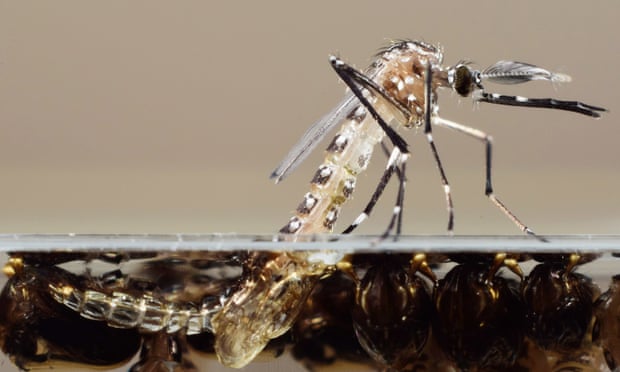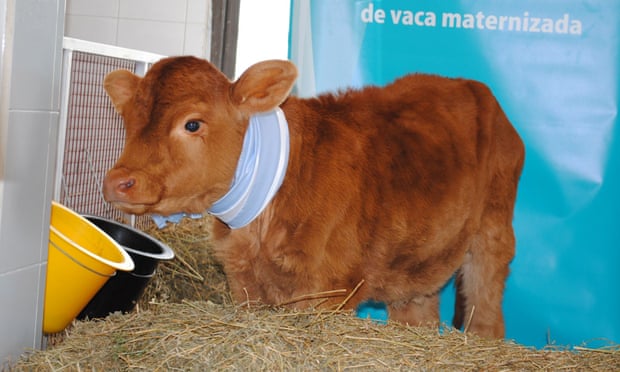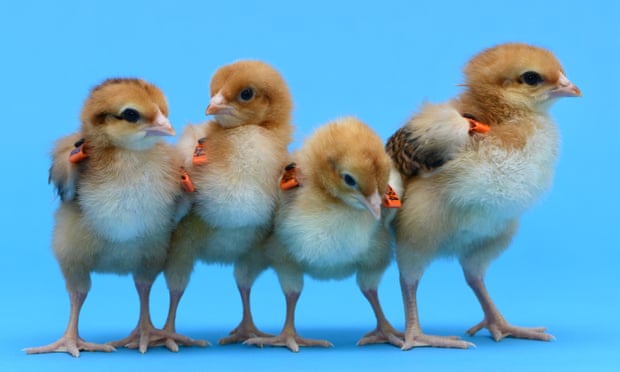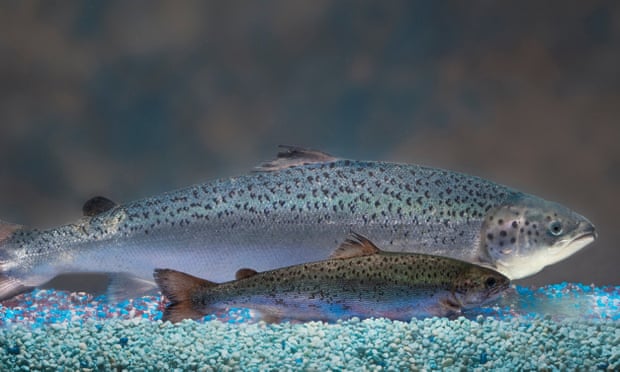Pigs
Last week, scientists from the University of Edinburgh’s Roslin Institute announced they had deleted the section of DNA that leaves pigs vulnerable to porcine reproductive and respiratory syndrome, which is estimated to cost European farmers £1.5bn a year in loss of livestock and decreased productivity. Genetically modified animals are banned from the EU food chain, but since this is a new and different technique it’s possible they’ll be appearing in bacon sandwiches in a few years.

Mosquitoes
British company Oxitec has created genetically modified male mosquitoes that carry a “self-limiting gene”. When they are released into the wild and mate with females their offspring do not reach adulthood, so crucially do not contribute to the spread of the Zika virus. Other researchers are looking at using genetic modification to curb the spread of malaria.

Cows
Scientists in both China and Argentina have genetically engineered cows to produce milk similar in composition to that made by humans. After modifying embryos, an Argentinian cow – Rosita Isa – was born that expressed milk containing proteins present in human milk but lacking in cow milk. However, there are a number of scientific, safety and taste issues that would have to be overcome before this replaces “mother’s milk” for infants.

Chickens
The Roslin Institute is working on GM chickens that contain an extra gene that interrupts the transmission of avian flu. Unlike a vaccination, the modification still protects the bird if the virus mutates. However, some farmers argue it is better to enforce good farming practices than create disease-free animals.

Salmon
Last year, the Canadian authorities allowed a GM salmon designed by US company AquaBounty to be sold to consumers. It is engineered to reach market size in 18 months, half the time of its natural counterpart. However, the fish is not labelled GM in shops.A recent survey found 90% of Canadians are in favour of clearer food labelling. The Gurdian


